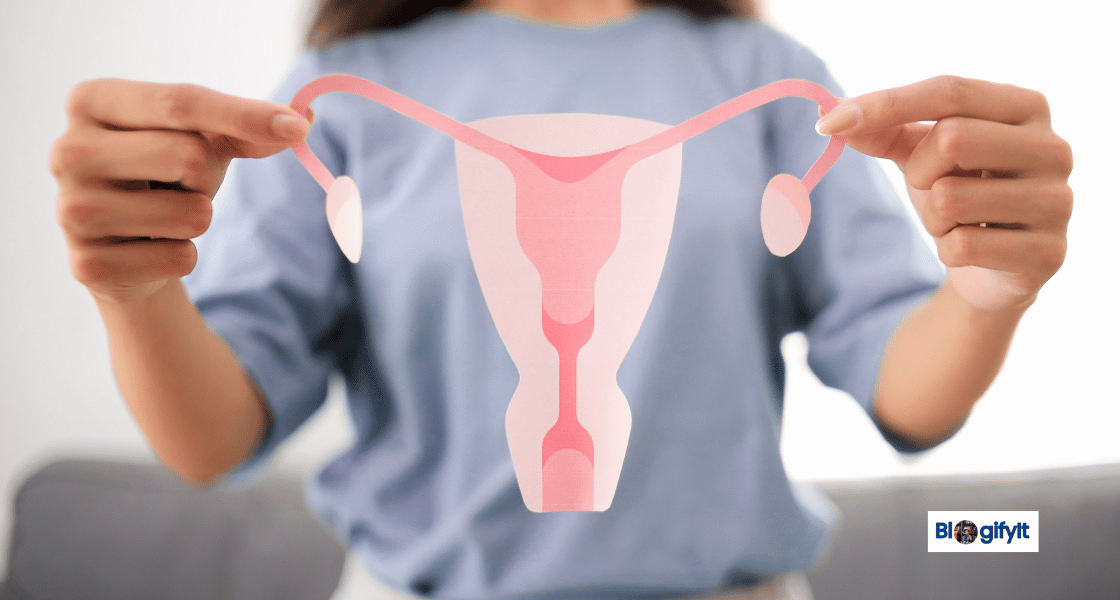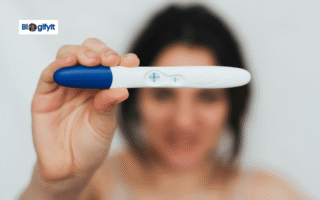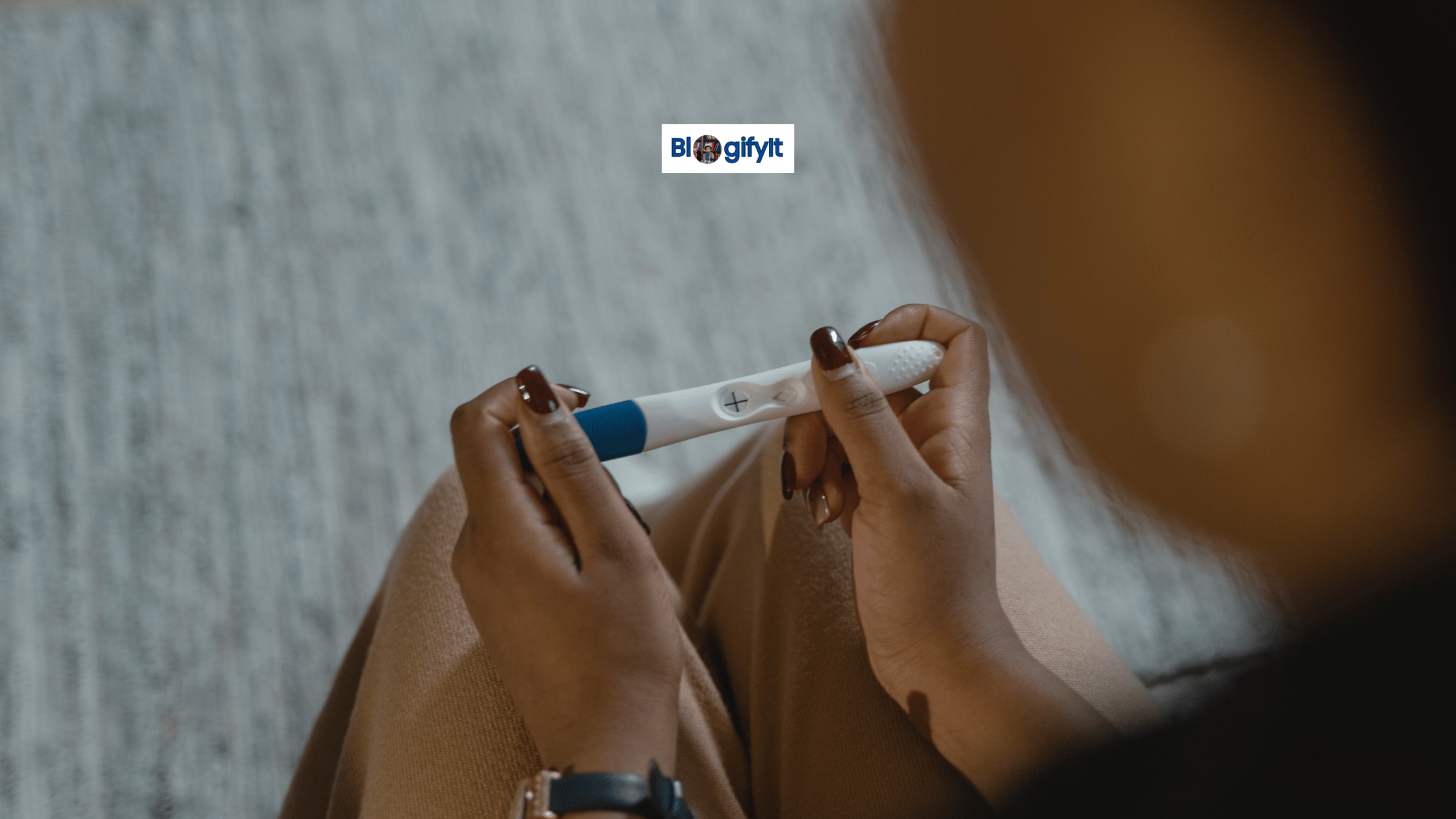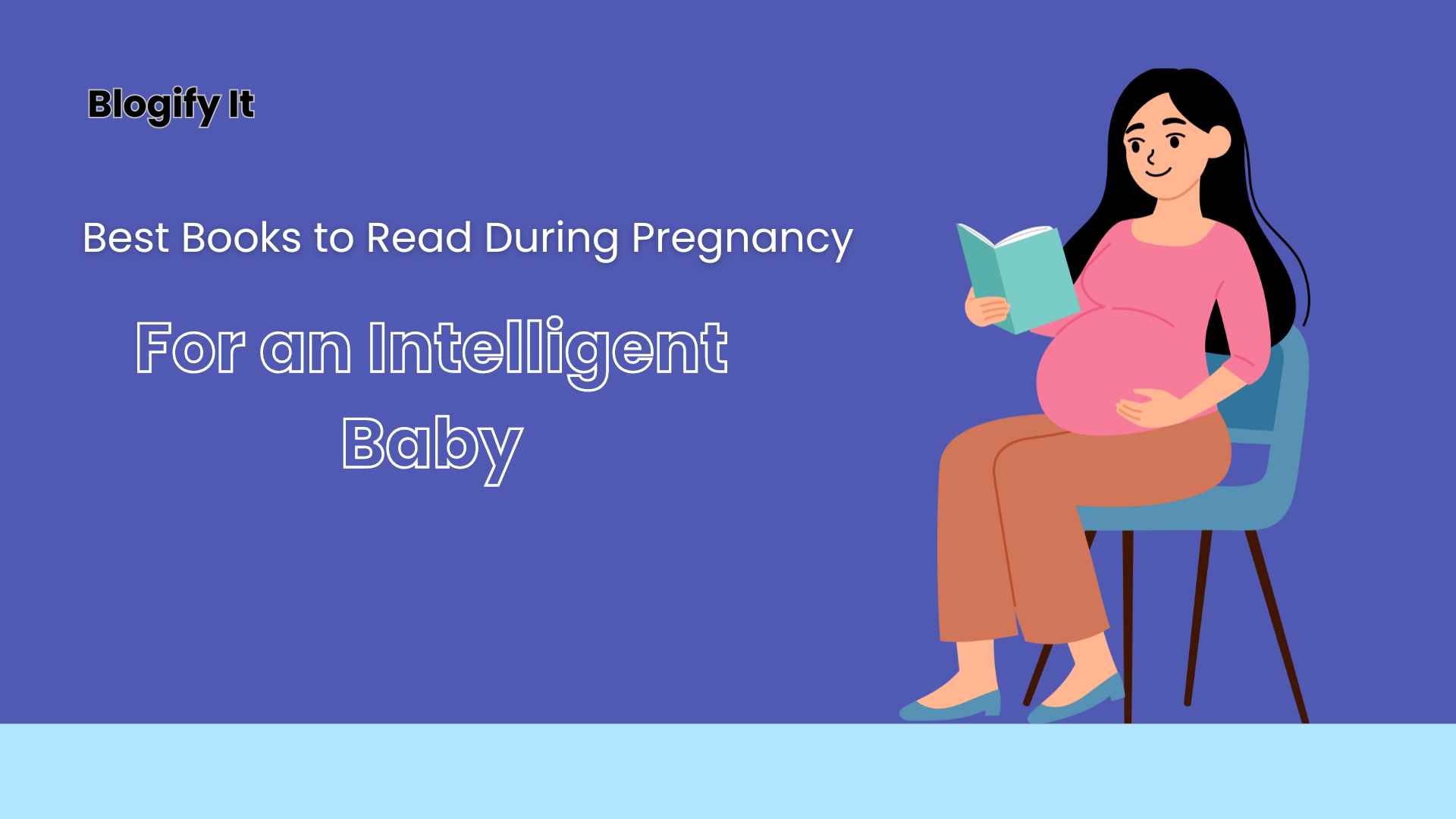If you have been diagnosed with PCOS (Polycystic Ovary Syndrome), you’re probably wondering how to get pregnant naturally with PCOS. It’s a common condition, but it can make conceiving more challenging due to hormonal imbalances and irregular periods. The good news is, many women with PCOS can get pregnant naturally with the right approach. In this blog, we’ll guide you step-by-step on how to get pregnant with PCOS and irregular periods naturally.
What is PCOS?
Before diving into how to get pregnant with PCOS naturally, it’s essential to understand what PCOS is. PCOS is a hormonal disorder that affects the ovaries. It leads to irregular periods, an excess of male hormones (androgens), and often, cysts on the ovaries. This can lead to issues with ovulation, making it harder for women with PCOS to conceive.
Can You Get Pregnant Naturally with PCOS?
Yes, you can—naturally and without fertility treatments in many cases. While PCOS can cause ovulation problems, it doesn’t mean pregnancy is out of reach.
In fact, challenges with fertility due to PCOS are more common than many people realize. According to a study, around 1 in 8 women in the U.S. face trouble conceiving due to untreated PCOS. But the real numbers may be even higher. Why? Because nearly half of all women with PCOS are unaware they even have it, they often go undiagnosed or misdiagnosed for years.
That delay in diagnosis can silently impact fertility and leave many wondering why they’re struggling to conceive. This is why understanding your symptoms and seeking the right care early on can make a major difference in your fertility journey.
Let me share a quick story that changed my perspective. One of my relatives was trying to conceive for quite some time but wasn’t having any luck. She said,
“I don’t know what to do. I’m doing everything I can, but nothing is working. It’s exhausting—physically and emotionally.”
Eventually, she told me it was due to PCOS. Honestly, I hadn’t even heard of it before and had no idea how serious it could be when it comes to fertility. Thankfully, after consulting a doctor, she was advised to make a few lifestyle changes, like regular exercise, a balanced diet, and better stress management. Nothing drastic, just small but consistent efforts.
And after about a year of staying committed, she gave me the happiest news—she was pregnant! It really showed me how powerful simple lifestyle changes can be when done consistently.
How to Get Pregnant Naturally with PCOS-Useful Tips
Now, let’s explore how you can increase your chances of getting pregnant naturally with PCOS:
1. Maintain a Healthy Weight
One of the first steps to getting pregnant naturally with PCOS is maintaining a healthy weight. Obesity can worsen insulin resistance and hormonal imbalances, both of which can interfere with ovulation. By losing even a small amount of weight (5-10% of your body weight), you can restore regular periods and improve your fertility.
Tips for maintaining a healthy weight:
- Eat a balanced, nutritious diet rich in fruits, vegetables, lean proteins, and whole grains.
- Exercise regularly (aim for at least 30 minutes, five days a week).
- Avoid processed foods, refined sugars, and excessive carbs that can spike insulin levels.
2. Focus on a Low-Glycemic Diet
Many women with PCOS have insulin resistance, which means their bodies struggle to process sugar efficiently. A low-glycemic diet helps stabilize blood sugar and hormones, improving ovulation.
Eat more of:
- Leafy greens, berries, nuts, seeds, lentils
- Whole grains like quinoa, brown rice, and oats
- Healthy fats like olive oil and avocado
Avoid or limit:
- Sugary drinks, white bread, baked goods, processed foods
Some women also benefit from an anti-inflammatory diet (think: turmeric, omega-3s, ginger, berries), which may help regulate cycles.
3. Track Your Ovulation
To increase your chances of getting pregnant quickly and naturally with PCOS, it’s essential to track your ovulation cycle. Women with PCOS often have irregular periods, which makes it difficult to predict ovulation. However, tracking ovulation can help you time intercourse for the best chance of conception. You can track ovulation by:
- Basal Body Temperature (BBT): Your body temperature rises slightly after ovulation.
- Ovulation Predictor Kits (OPKs): May be less reliable with PCOS but still worth trying.
- Cervical mucus monitoring: Look for stretchy, egg-white-like mucus—this signals fertility.
4. Consider Fertility-Boosting Supplements
Certain supplements can help regulate hormones and improve fertility in women with PCOS. Some of the most recommended supplements for fertility with PCOS include:
- Inositol: A compound found in foods like beans and nuts, inositol can help improve insulin sensitivity and restore ovulation.
- Vitamin D: Low levels of vitamin D have been linked to infertility in women with PCOS. Ensure you get enough sunlight or take a supplement.
- Folic Acid: Essential for a healthy pregnancy, folic acid can help improve fertility in women with PCOS.
Before starting any supplement regimen, it’s always a good idea to consult with a healthcare provider.
5. Manage Stress
High levels of stress can negatively affect your hormonal balance, making it harder to conceive. Stress can also interfere with ovulation and disrupt your menstrual cycle. Managing stress is crucial when trying to get pregnant naturally with PCOS. Here are a few stress-reducing techniques:
- Practice mindfulness, meditation, or yoga.
- Engage in regular physical activity (like walking or swimming).
- Prioritize self-care and take time to relax.
6. Regulate Your Periods
Irregular periods are a hallmark of PCOS. If you have irregular periods, it can be challenging to know when you’re ovulating, making it harder to conceive. Regulating your periods can improve your chances of pregnancy. Here are a few ways to regulate your cycle:
- Use hormonal birth control (under the guidance of your doctor) to regulate your periods, and then come off it when you’re ready to try for a baby.
- Talk to your doctor about medications like Clomid, which can stimulate ovulation.
7. Seek Medical Advice If Needed
If you’re struggling to get pregnant with PCOS naturally, it may be time to consult with a fertility specialist. There are medications and treatments that can help women with PCOS conceive, such as:
- Clomid: A medication that helps stimulate ovulation.
- Metformin: Often used to treat insulin resistance and improve ovulation in women with PCOS.
- Laparoscopic ovarian drilling: A surgical procedure to improve ovarian function.
Your doctor can help create a personalized plan to increase your chances of getting pregnant with PCOS.
What Are the First Signs of PCOS?
Before we finish, let’s briefly discuss the first signs of PCOS. Early detection can help you manage the condition and improve fertility outcomes. Some common early signs of PCOS include:
- Irregular periods (or no periods at all).
- Unexplained weight gain or difficulty losing weight.
- Excessive hair growth (especially on the face, chest, or abdomen).
- Thinning hair or hair loss.
- Acne or oily skin.
If you notice any of these signs, it’s a good idea to consult a healthcare provider for diagnosis and treatment.
Conclusion: How to Get Pregnant Naturally with PCOS
Getting pregnant with PCOS may take more time, patience, and lifestyle adjustments—but it is entirely possible. Many women conceive naturally once their hormones are balanced, cycles become more regular, and ovulation resumes.
Here’s a quick recap of how to get pregnant fast with PCOS naturally:
- Achieve and maintain a healthy weight
- Follow a low-glycemic, anti-inflammatory diet
- Track ovulation—even with irregular cycles
- Try fertility-boosting supplements (like inositol and vitamin D)
- Manage stress and sleep quality
- Seek medical guidance when needed
Your body is capable. Your journey is valid. And whether it happens in a few months or takes a bit longer, keep moving forward with confidence and support.




